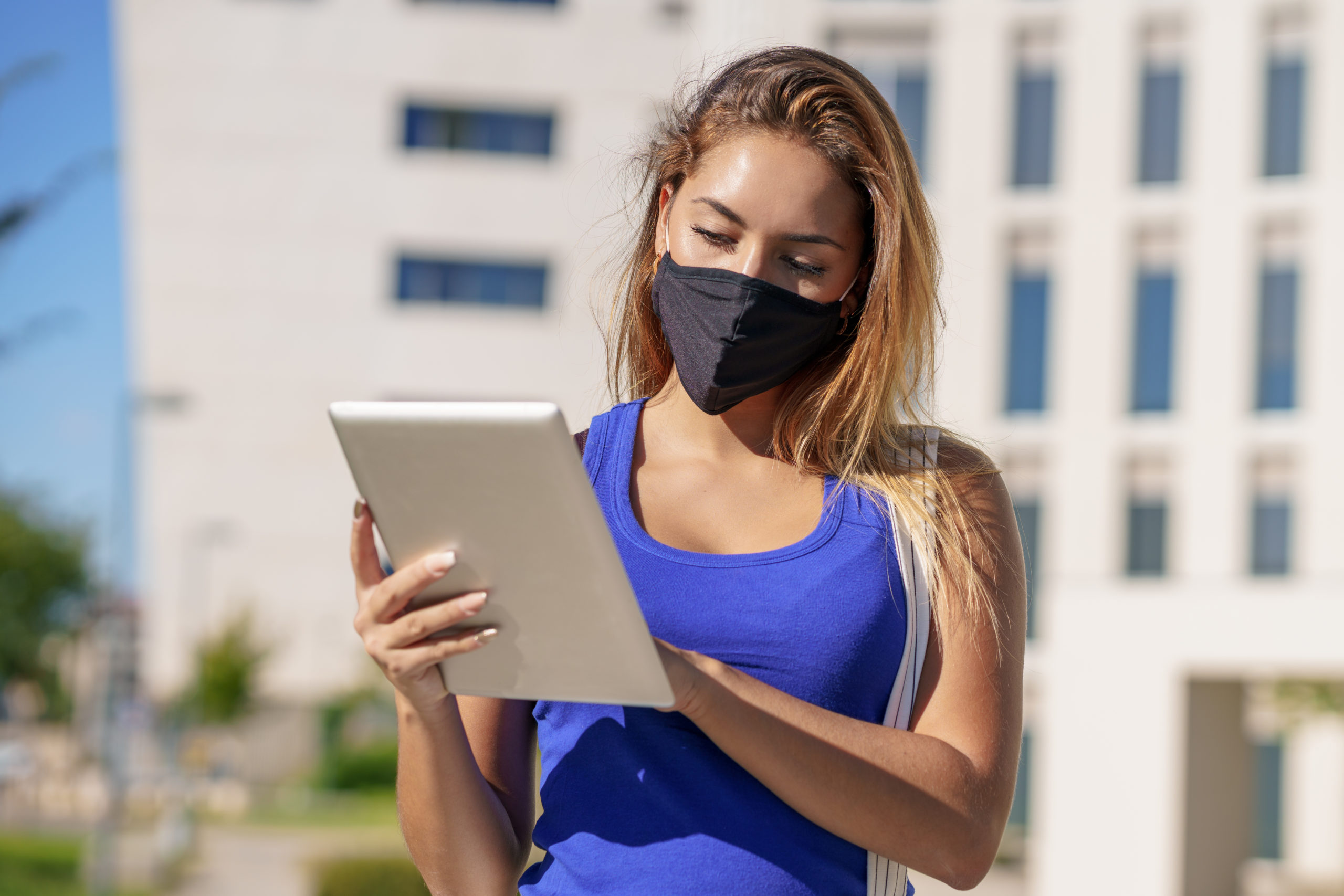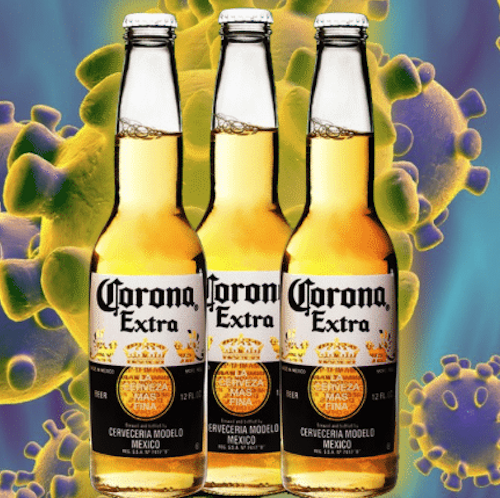EY Y02 L25 The COVID-19 Crisis
This week’s Questions

- There are many symptoms of Corona Virus. Name one.
- When did you first hear the terms ‘Corona Virus’ or ‘COVID-19’? What did you think?
- There are many habits we have adopted to cope with the crisis. Name one.
- Some people see the disease as low risk. Others have felt paranoid and anxious on a daily basis. How concerned have you been for your welfare? Why?
- How has the crisis impacted your work or daily routine?
- How will a post-COVID world be different from the one we live in now? Will anything positive come from the Covid-19 crisis?
This week’s Responses
Sorry. You must be logged in to view this form.
Teacher’s Compositions

by Antonio Santosa
Read Now
Question 1
One of the more serious symptoms of Corona Virus is shortness of breath. This happens because the virus primarily targets one's lungs and does a lot of damage to healthy cells. Doctors from all over the world also claims that many of their patients' heart were also damaged by the virus. Experts say that it takes 4 to 5 days for symptoms to show, however, there are cases when people becomes contagious even before the symptoms show.Question 2
I first heard the term 'corona virus' back in January. The first thing that came to my mind was that of the beer, Corona Extra, one of my friend's favorite beverages. I thought that the virus had something to do with the beer, but I quickly realized that it's something completely different!Question 3
One of the habits that we have adopted is physical distancing (or as some may call it 'social distancing'). When we go to public spaces, we're advised to keep our distance from others for at least 2 meters. Wearing a face mask is another habit that most people in Japan have no trouble adapting to.Question 4
I'm not too concered for my welfare as I generally have a robust immune system. I drink at least 2 litres of water everyday and consume 1000mg of vitamin C. My mom told me, "you've gone through three cases of dengue fever. COVID-19 won't be a problem for you!"Question 5
I used to go out for a run around Nijō Castle at least twice a week. Ever since the pandemic spread to Japan, I feel unsafe working out in public spaces. For that reason, I can only exercise at home with equipments such as dumbbells and striking pads.Question 6
The world that we live in now is very different from how it was just 1 year ago. More people has been working from home, very few people uses air travel, and companies has permanently changed their business structure. I'm sure that the way we work and live will be even more different within the next 12 months. If there's anything positive that will come out of this crisis, it will perhaps be related to work efficiency and technological advancements. Many people have claimed that working from home saves a lot of time and money. Some even say that they're more comfortable working from home due to the stress-free environment that offices tend to not have.Tough Vocabulary
| - English - | - Japanese - |
|---|---|
| primarily | 主に |
| experts | 専門家 |
| contagious | 伝染性 |
| realize | 気付く |
| advised | 勧める |
| dengue fever | デング熱 |
- 0 -
comments

by Jon Hay
Read Now
Question 1
I think one of the main symptoms is when a person has a temperature of over 37.5.Question 2
I heard about it around November 2019. I thought it would come and go quickly but it hasn't and it has hung around with many people perishing.Question 3
My family and I always wear masks to prevent illness.Question 4
At the start of the outbreak I saw it as low risk, then when it exploded I got worried. Living with the threat of COVID has become normalized.Question 5
My routine has largely stayed the same. My work has remained unchanged but for a month or two of online lessons.Question 6
I think there may be a post-covid economic boom. I base this theory on what happened after the Spanish Flu.Tough Vocabulary
| - English - | - Japanese - |
|---|---|
| come and go | 駆けつけては去る |
| hang around | ぶらつく |
| normalized | 正規化 |
| perish | 滅びる |
- 0 -
comments

by Jim Usher
Read Now
Question 1
To me, the most interesting symptom of COVID-19 – though "interesting" may be a bad choice of words – is the loss of the senses of taste and smell. A lot of the other symptoms aren't exactly telltale signs of corona. Losing the use of your nose and tastebuds seems quite unique to me.Question 2
It might have been in early February of 2020. If not then, then definitely by March. I first heard about it on a daily podcast I listen to that discusses world news and current affairs. It was surreal hearing about how bad things were becoming in other countries without it really affecting me personally. It felt like the beginning of a zombie movie or something.Question 3
I guess the one that has had the biggest impact on me is constantly wearing a mask while out of doors. Wearing masks in public, especially when sick, is a big part of Japanese culture so I don't think this has been such a big adjustment for Japanese people. This is not the case in Australia. It is – or maybe I should say "was" – very rare to see someone walking around the streets wearing a mask. Even now, I still find it uncomfortable being masked up all the time.Question 4
I have days where I wonder if we are seeing the beginning of the End Times. Mostly, I feel largely untouched by the virus and so I don't really think about it, beyond washing my hands and keeping my distance from people. I worry about my daughter, being so young that she might not be strong enough to fight it off if she gets sick. I worry about my parents in Australia, who are in their seventies, and my sister, who is immunocompromised. I wonder if I will ever see them again face to face, and I wonder if I did visit them in Australia if would be allowed to return to Japan. I don't really have concerns for myself though, feeling lucky I live where I do. But you only have to look at places like the US and Europe to see how bad things can potentially get.Question 5
I really am not a fan of wearing a mask at all hours, if that wasn't clear already. The rest of it I'm fine with. I was already in the habit of washing my hands multiple times throughout the day. I didn't really spend a lot of time going to restaurants and bars or the gym prior to this year so my social life hasn't changed much. Being an introvert and fairly hygiene conscious, I have mostly kept to myself and always kept myself clean, so it is easy to continue to do so now.Question 6
I think a lot of industries will suffer while we deal with the COVID crisis. Places like cinemas, restaurants, bars, stadiums, and concert halls have traditionally been designed to pack as many people into a small space as possible to maximise profits. Planes, trains, and cruise ships have been similarly designed. Most people are avoiding small spaces filled with many people, and we may collectively decide we don't want to go back to the way it was. As far as good things to come out of this, I think people will be more conscious of viruses and germs going forward. We will likely continue to wash our hands more than we used to and maybe, in some cases at least, continue to wear masks. Also, it seems like we are creating less pollution right now, while parts of the world shelter in place. This might work out to be a good thing, helping reverse some of the damage that is causing climate change.Tough Vocabulary
| - English - | - Japanese - |
|---|---|
| bad choice of words | 選りすぐりの悪い言葉 |
| telltale sign | 前兆 |
| surreal | シュールな |
| have a big impact on | 大きな影響を与える |
| be out of doors | 外に出る |
| the End Times | 世界の終わり |
| immunocompromised | 免疫不全 |
| be in the habit of | の習慣を持つなります |
| hygiene conscious | 衛生意識が高い |
| pack people into a space | 人を詰める |
| maximise profits | 利益を最大化する |
| similarly designed | おなじようにデザインされた |
- 0 -
comments
